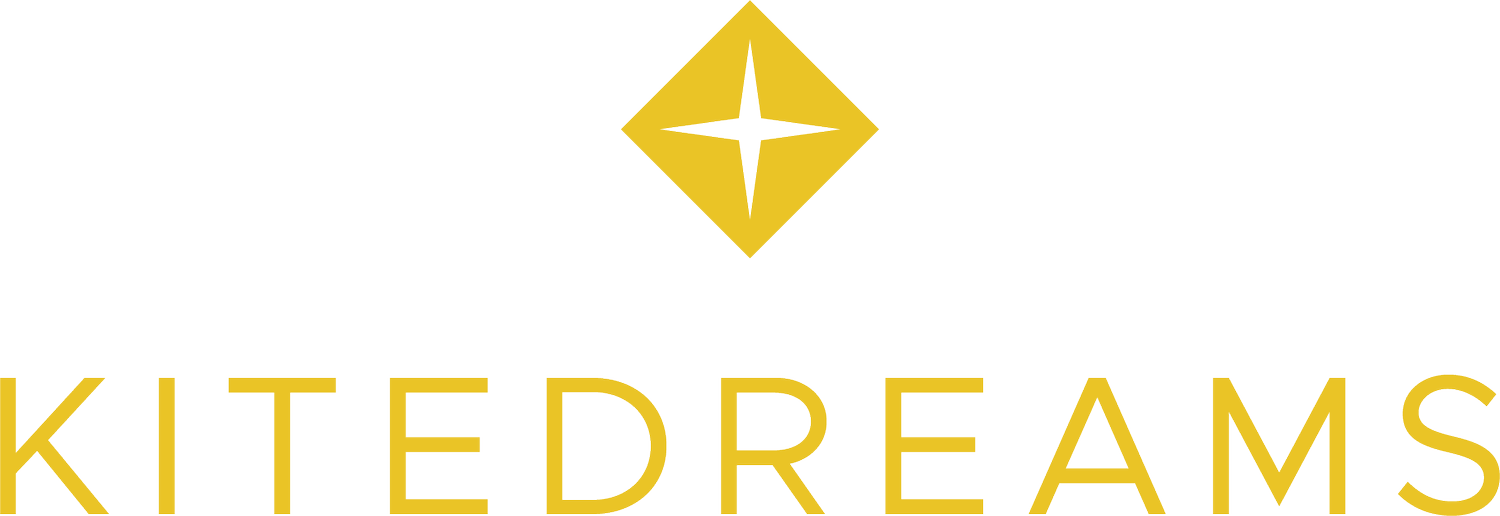Vaccine Hesitancy: Lessons from the Frontline in Africa
In an outbreak, applying principles of community engagement to understand and counter the root causes of vaccine hesitancy is often overlooked as a key pillar of emergency response. Yet, it is necessary to ensure effective, time-sensitive health communication that results in data-driven, community-centred health messaging.
During the migrant worker outbreak in 2020, spontaneous ground-up efforts in health communication led to a nation-wide, coordinated health communication platform called My Brother SG, founded by Dr. Tam Wai Jia, that ensures maximum alignment between organizations to engage and empower migrant workers for better health.
In a recent COVID-19 humanitarian call for assistance by World Health Organization, UNICEF and GOARN (Global Outbreak Alert Response Network), Dr. Tam Wai Jia's deployment as a Risk Communication and Community Engagement (RCCE) specialist in Eswatini, Africa reveals the importance of similar key principles of health communication that can be adapted to various cultural contexts.
This Grand Ward Round will focus on the much-needed yet often overlooked components in community engagement that will strengthen our public health response and approach to patient centred care to overcome vaccine hesitancy.
Date of Presentation: 01 July 2022
Event: National University Hospital (NUH) Grand Round
Credits: National University Hospital (NUH)
